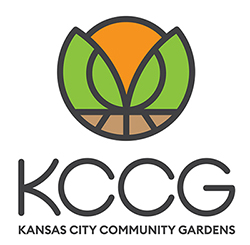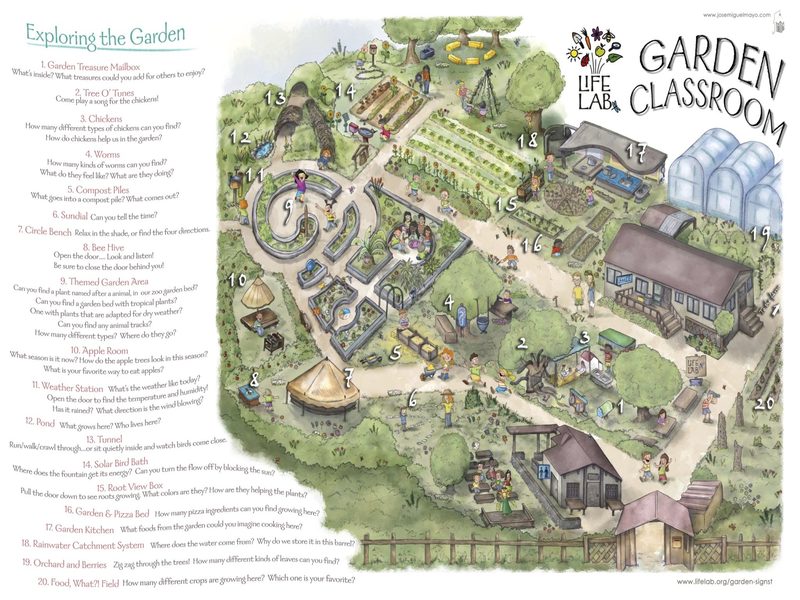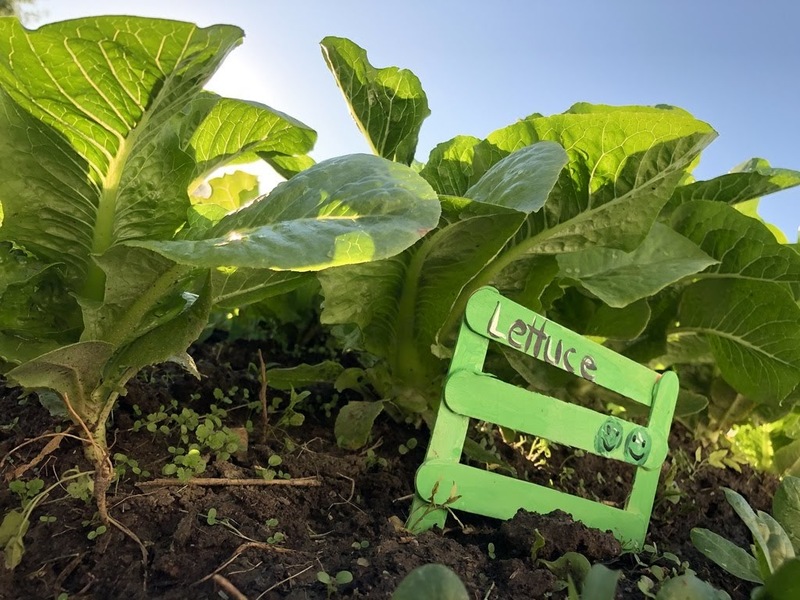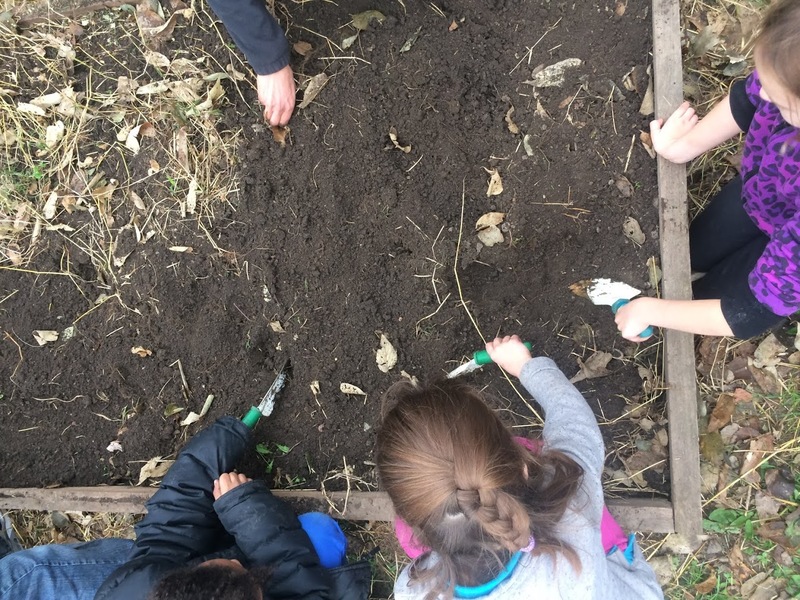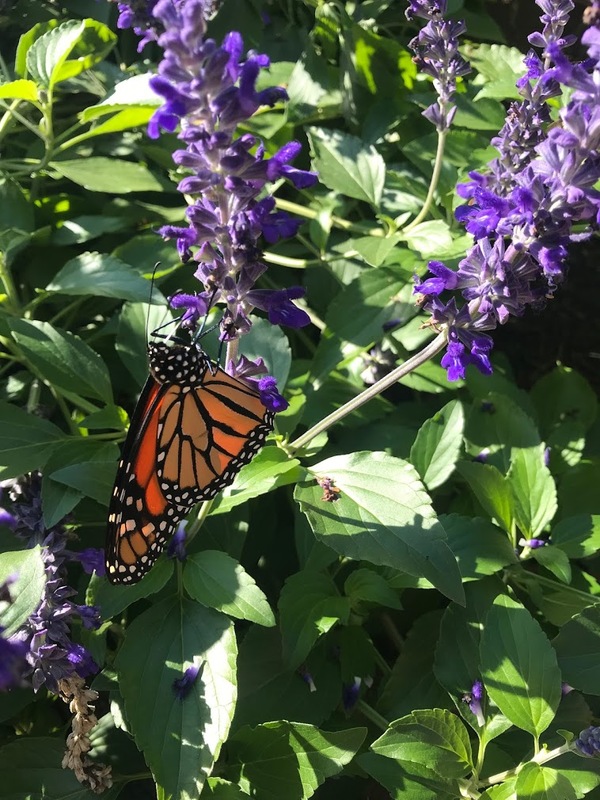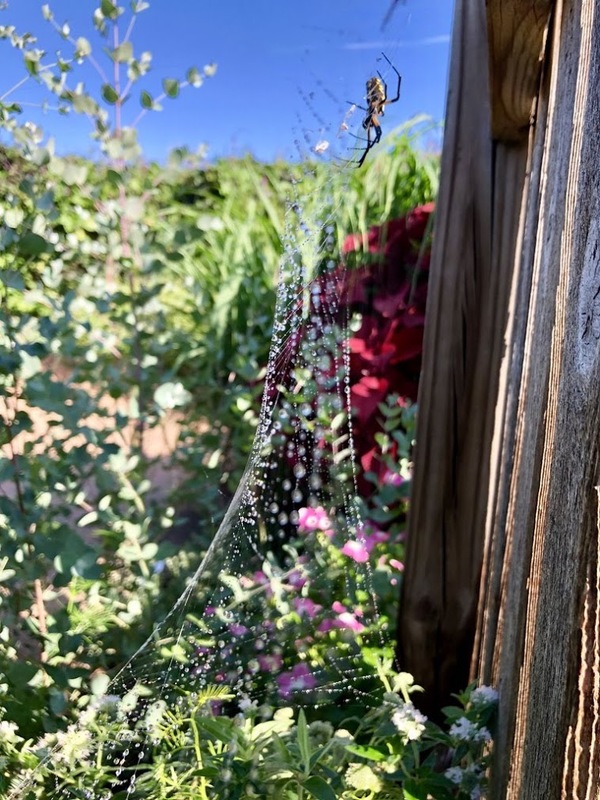Today’s garden lessons come from our partner, Life Lab. Life Lab has been a leader in garden-based learning programming, curriculum, and professional development since 1979. Life Lab trains tens of thousands of educators in their beautiful Life Lab Garden Classroom located in Santa Cruz, California on the UCSC Center for Agroecology and Sustainable Food Systems (CASFS) Farm.
Here is a list of some of SYG’s favorite Life Lab lessons from the Science Exploration Unit . These lessons could easily be adapted into an online lesson or taught in your school garden when students return in the fall.
“Pondering Life Science Exploration” – 1st grade standard based lessons- Encourage students to explore like a scientist. Asking questions, exploring, and discovering the role of each plant part – roots, stem, and leaves.
Leaves and Stems – Using the provided “scavenger hunt list” find and explore each leaf’s physical appearance and record on a piece of paper or discuss as a classroom how the unique characteristics contribute to the successful growth of the entire plant.
Roots – Explore different weed, vegetable or flower roots. Describing them verbally or draw them out on paper. As a classroom play a fun matching game with the provided “root matching game” cards.
“Soil Stories Science Exploration” – 2nd grade standard based lessons- Encourage students to get outside and dig in the dirt!
Space Travelers – Students pretend they are scientists travelling from their polluted planet Zog to planet Earth. Their mission: to collect, dissect, and record everything they find in the Earth’s soil sample. Compose a list or draw a picture what was found in planet Earth’s soil sample.
“Garden Pollinators Science Exploration”- 3rd grade standard based lessons- Explore the different kinds of garden pollinators and the important jobs they have in the garden.
Birds and Bees – Using the provided “Pollinator” and “Flower” cards, students can observe the different flowers in the garden and decide what type of pollinators are attracted to them.
Flower Investigations – Observe the physical appearance of the flowers in the garden. Dissecting and recording new names for parts of the flower based on what students believe is that flower parts job. At the end of the lesson inform the students of the correct scientific name and the correct role of each flower part.
“Garden Habitats Science Exploration” – 4th grade standard based lesson- Explore plant and animal habitats in and around the garden. Discuss why diversity is important for healthy soil, animal, and plant life.
Habitat Hunt – Brainstorm what humans, animals, and plants need in their habitat to survive. Using the provided “Habitat” cards divide students into groups, and find the described habitat and answer the questions on each habitat card.
Summer Garden Order Reminder:
If you are planting a summer garden be sure to fill out your summer order form by May 7th. If you have any questions, please contact your Schoolyard Garden coordinator.

